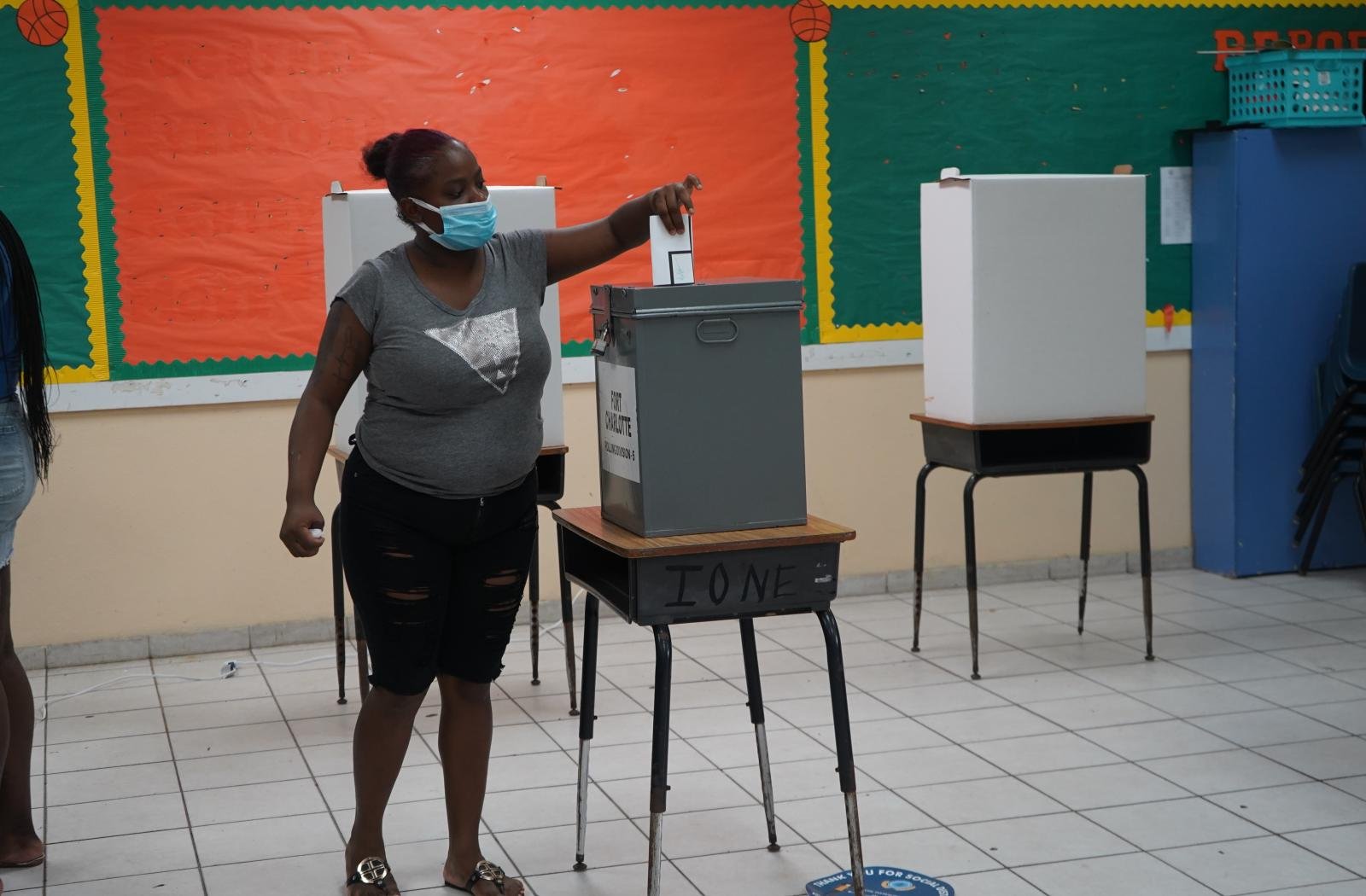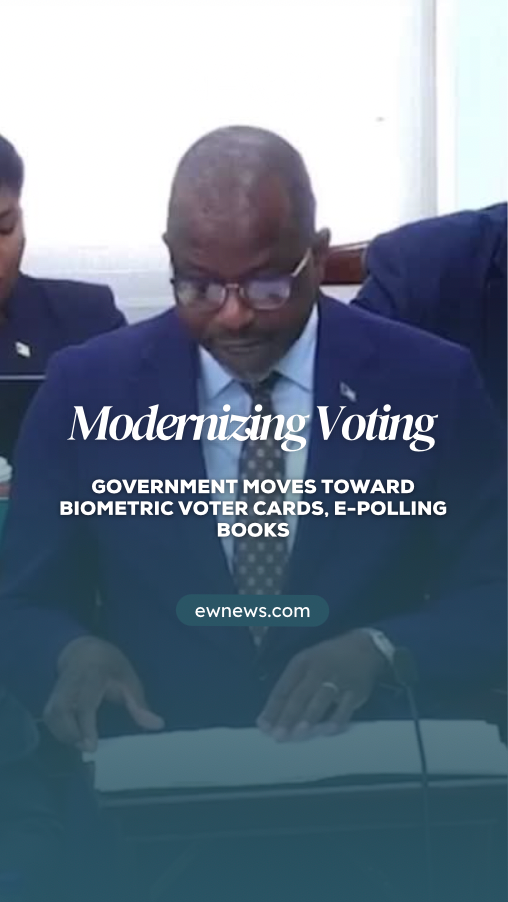NASSAU, BAHAMAS — The Bahamas Protected Areas Fund (BPAF) is on a crucial journey to preserve the natural resources of the Bahamas and is seeking to raise $30 million over the next five years to continue to support the programs of conservation partners, tertiary and research institutions, and the Bahamian government.
The Bahamas Protected Areas Fund (BPAF), established in 2014 by an act of Parliament, is a corporate body with the legal mandate to finance the management of protected areas and climate resilience. Its scope includes over 121 marine and terrestrial protected areas in addition to the protection of carbon sinks, water resources, wetlands, blue holes, degraded or threatened ecosystems, and areas established for adapting to and mitigating climate change. The Fund also acts as the Registrar of Protected Areas for The Bahamas. Its primary goal is to ensure the long-term financial sustainability of these areas through initiatives including ecosystem restoration, wildlife protection, and scientific research and policy.
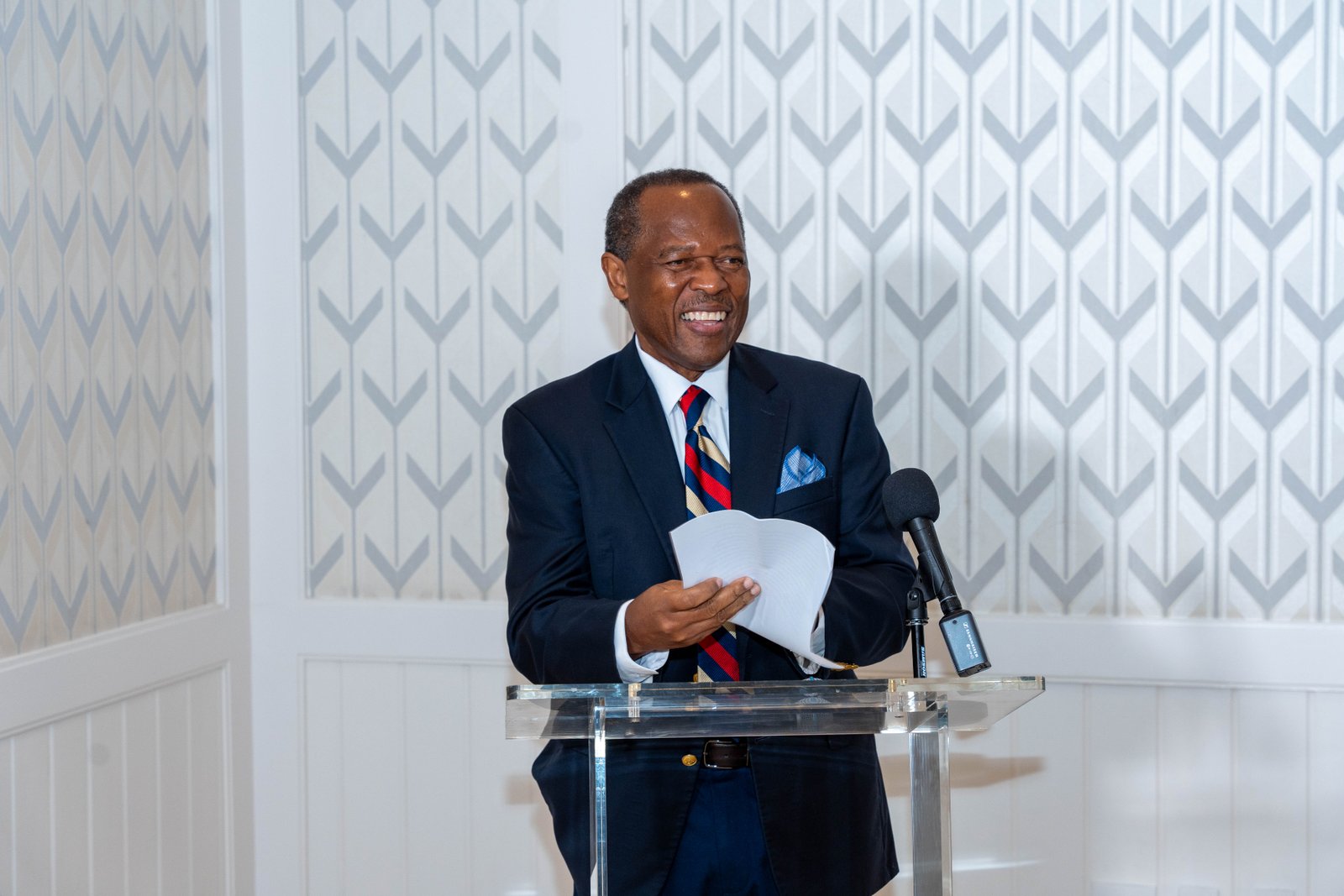
Through partnerships with local and international entities, BPAF, which is the country’s only conservation trust fund, supports various projects, including coral reef and mangroves restoration, conservation activities that reduce threats to biodiversity and promote climate resilience through adaptation; efforts that protect the future and productivity of our national resources for generations to come.
Glenn Bannister, Chairman of The Bahamas Protected Areas Fund, noted that Hurricane Dorian serves as a stark reminder of the horrific impact of climate change, underlining the significance of protecting The Bahamas’ vibrant coral reefs, mangrove ecosystems, and extensive seagrass meadows.
Following Hurricane Dorian, the Fund played a crucial role in offering on-the-ground assistance for a range of initiatives, encompassing the restoration of national parks, rejuvenation of freshwater sources, rehabilitation of mangrove ecosystems, revival of native plant populations, recovery efforts for dolphins, removal of hurricane debris, integration of solar energy solutions, and combatting the alarming spread of Stony Coral Tissue Loss Disease, which poses a significant threat to brain corals throughout the archipelago.
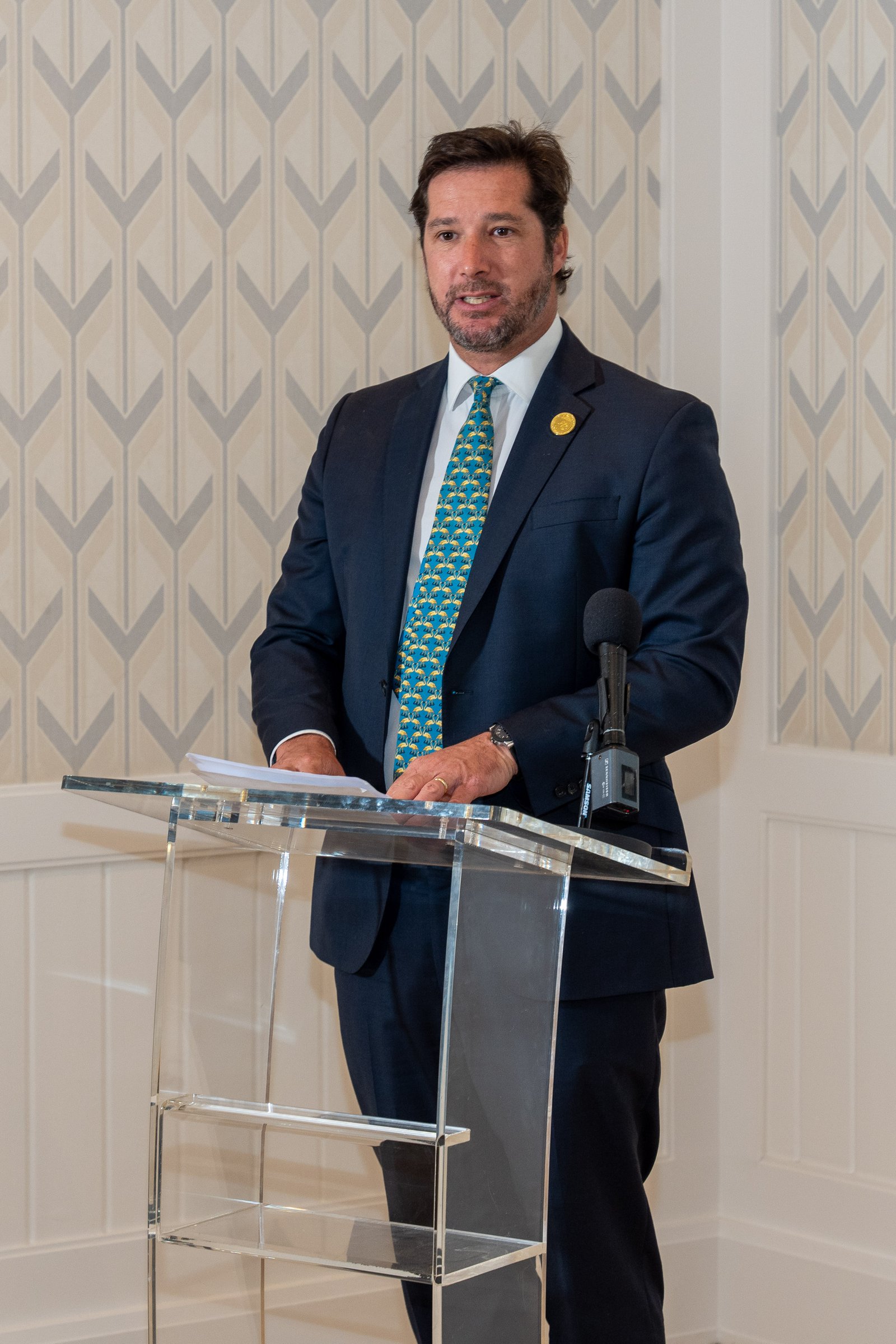
“Protecting and maintaining the delicate balance of our natural ecosystem is paramount for the well-being of our environment and future generations. It is our collective responsibility to ensure the sustainability of these islands,” says Bannister.
BPAF launched the “Protecting the Gold of Our Natural Resources” campaign as part of its response to protect and preserve the country’s unique natural heritage on November 1st.
“Studies have shown that it requires in excess of $150 million annually to manage the Bahamas National Protected Area System effectively. This funding would ensure we have human capacity including training, certification, technical skills for on-the-ground management activity, monitoring and enforcement, research and education, public awareness, and mainstreaming climate action and nature-based solutions across our national protected area system,” says Bannister.
Bannister stated that the government alone cannot cover the cost of climate actions, sustainable development, and increasingly devastating Atlantic storm events.
“Over the last three years, BPAF has been supporting local partners like the Bahamas National Trust, the Bahamas Undersea Research Foundation, the University of The Bahamas, the Department of Marine Resources, the Forestry Unit, the Bahamas Marine Mammal Research Organization, and Waterkeepers Bahamas with grants to assess and recover from the impact of Hurricane Dorian. We have financed, mangrove and coral restorations, freshwater regeneration, the restoration of National Parks, the establishment of nurseries for native plant species as well as invasive species removal and debris removal.”
Rupert Hayward, Vice-Chairman of BPAF said: “The Bahamas National Protected Area System is our first and most important line of defense in this country’s struggle to protect itself against the destructive force of climate change. Within these carefully regulated sanctuaries marine and terrestrial habitats are allowed to restore themselves with as little human interference as possible. At the same time, they are home to cutting-edge science-based resource management and mitigation efforts that are central to mitigating and reversing climate change impact.”
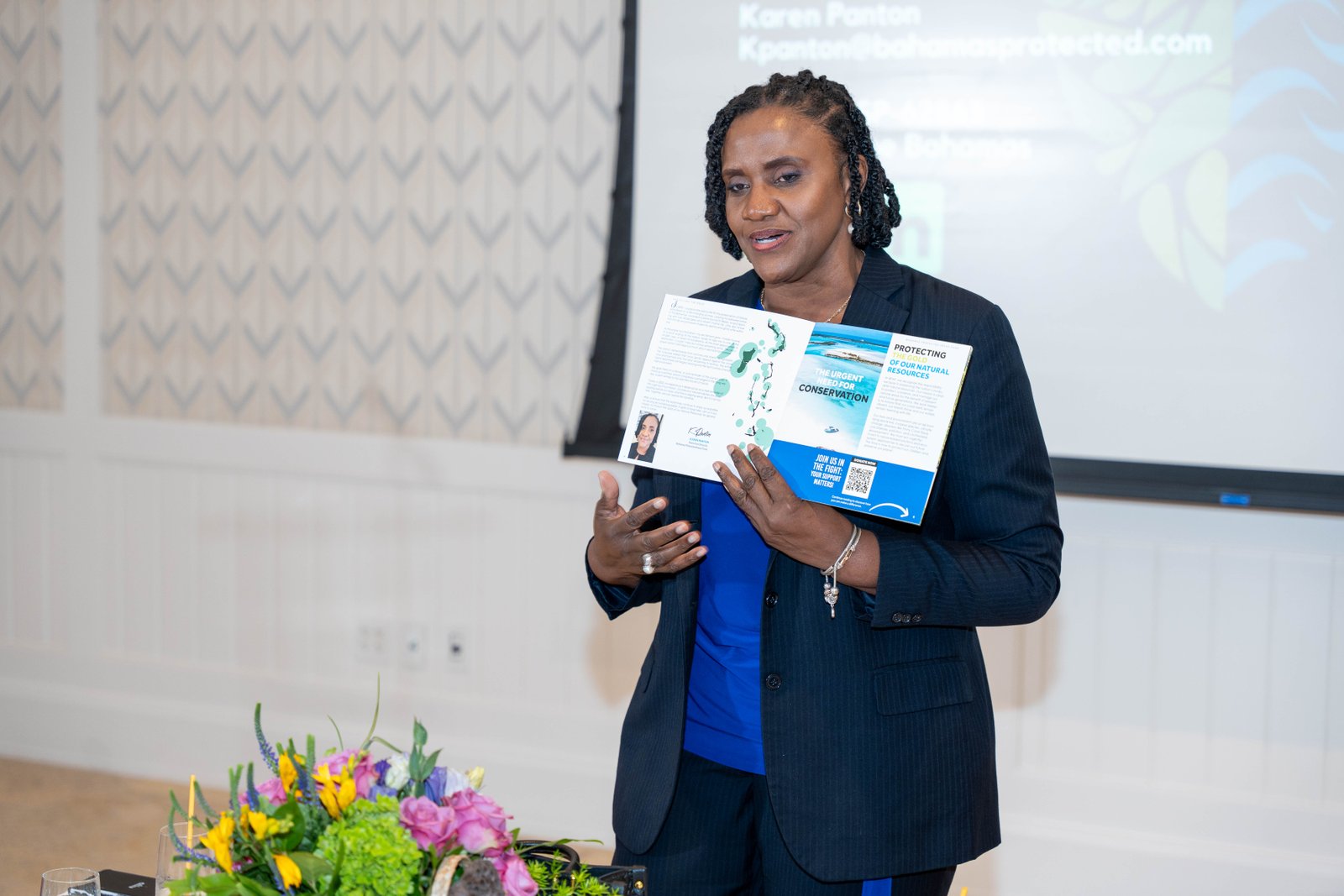
BPAF is the sole English-speaking Caribbean NGO with official observer status at the United Nations Framework Convention on Climate Change, granting it access to critical information and lobbying rights on global climate change issues. This status enhances its connections with marine and conservation finance NGOs. Regionally, it participates in the Caribbean Sustainable Finance Architecture, managed by the Caribbean Biodiversity Fund.
The Fund is overseen by an independent Board and adheres to international best practices for conservation trust funds as per the Conservation Finance Alliance. Its investment portfolio is independently managed by an external investment firm. A recent IDB assessment confirmed the Fund’s competence and effectiveness.














